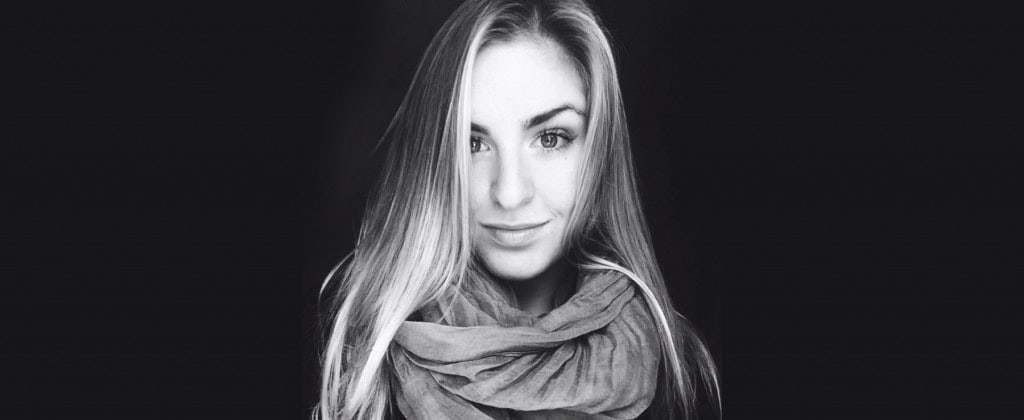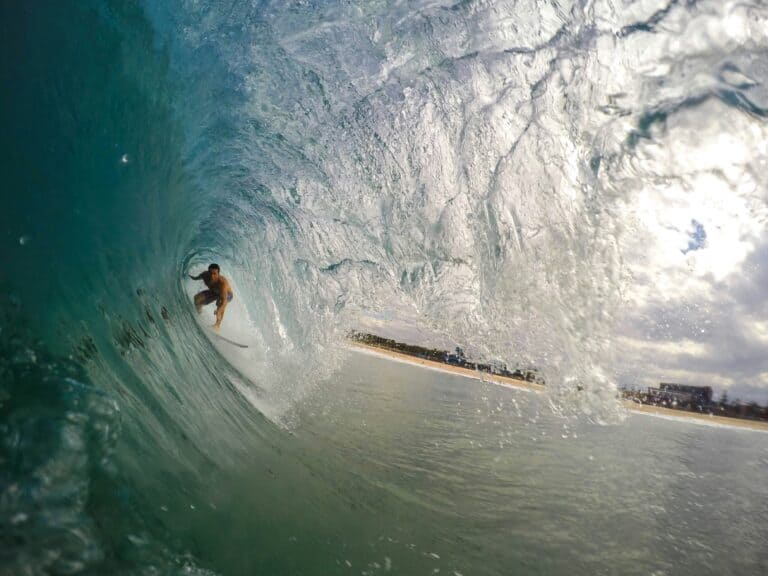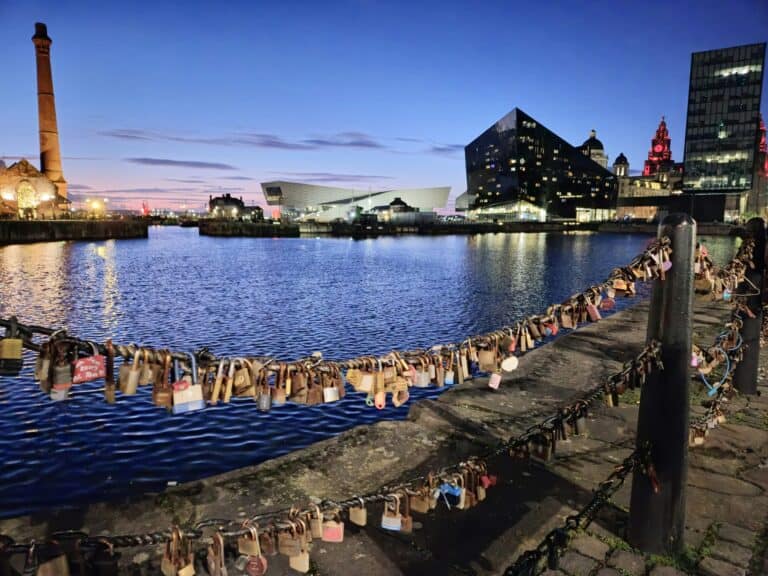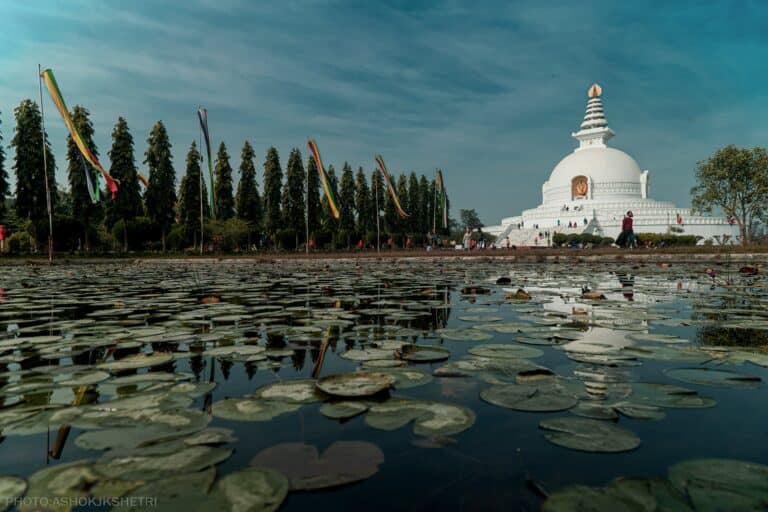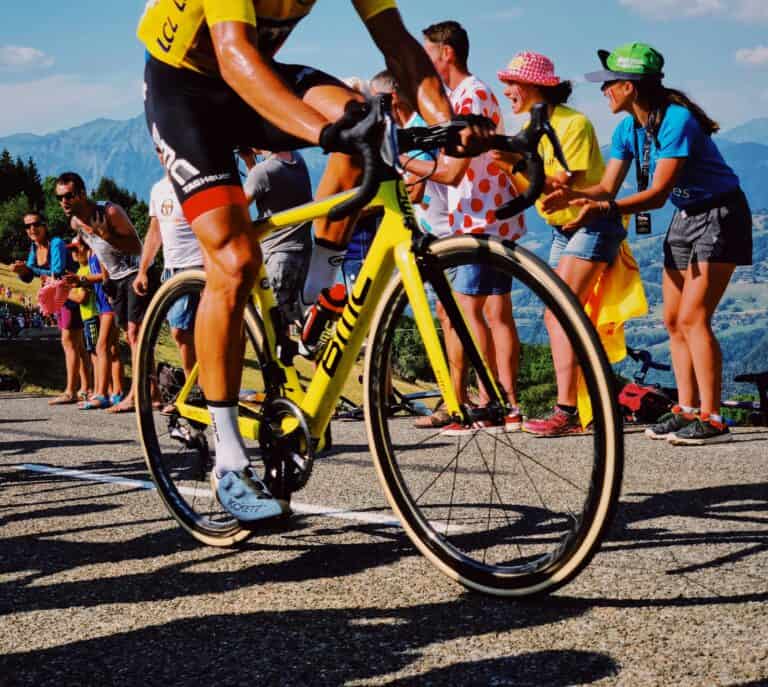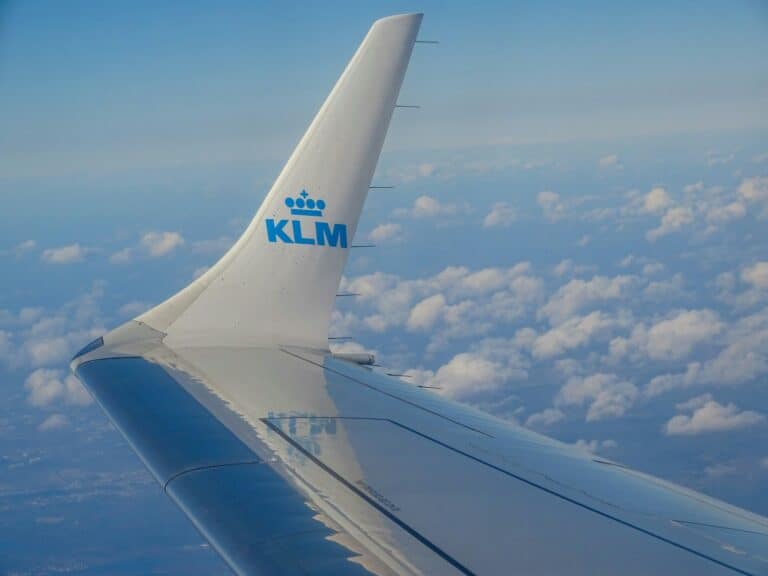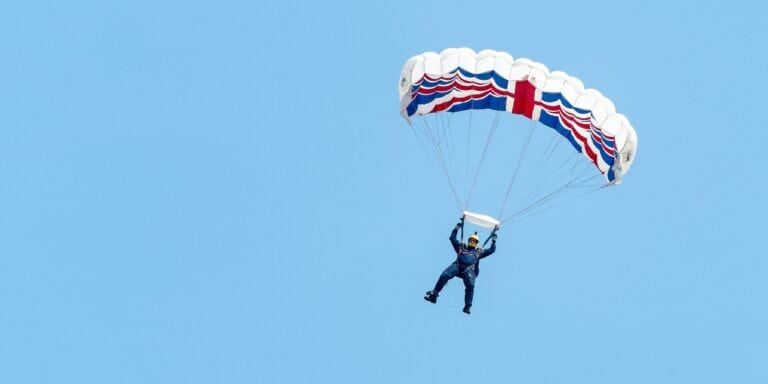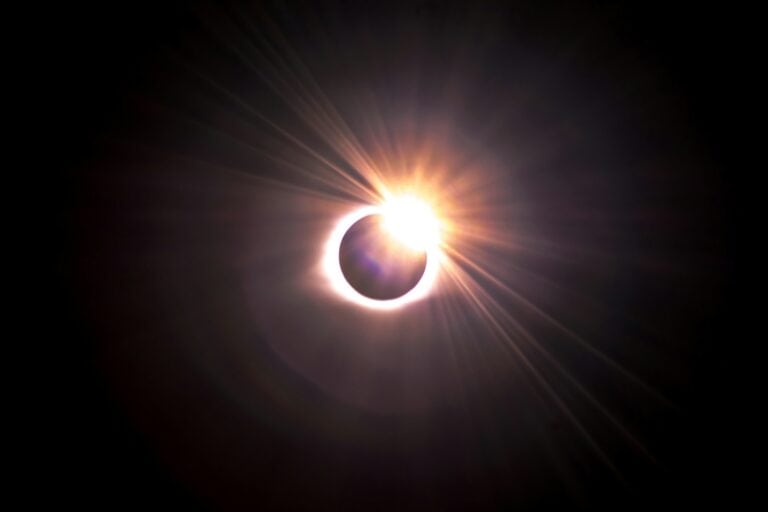Megan Jelinger is an American documentary photographer from Lima, Ohio currently working in Southern California.
She started her career documenting social issues in Middle America and American politics, eventually working overseas in the Occupied West Bank.

What’s the Ohio-Occupied West Bank connection?
Growing up near Michigan. Dearborn, MI having the most concentrated Arab American population in the country, I was connected with families of Palestinian descent. Hearing their stories, I felt pulled to work and document in the West Bank area.
In 2017, Instagram deleted a photo you took of a white supremacist performing a Nazi salute. You wrote: ‘Before you report images made by photojournalists, realize why they are taken and the risks we as journalists take to make people around the world aware of political issues.’ Can you expand on this?
Especially in the climate of “ the war on the media “ and “ fake news” in America, it’s critical that we’re not censoring journalists. This is real, this is what’s happening don’t censor me just because it’s ugly. Journalist risk their lives and many have lost their lives doing this work to bring people the truth. Respect and understand the reasoning behind their work rather than attacking them or completely censoring images that people need to see.

How do you select and prepare for a project?
I select a project by talking and listening to people’s personal stories, feeling the need to tell an issue, or something that grabs my interest. To prepare, research research research! Making connections and contacts is a large part of preparing for a project too. Sometimes I’ll journal or sketch ideas as I’m a visual thinker. There’s a lot of steps in the process before getting to make images.

How does risk-taking affect your work and the projects you choose?
I calculate risk when planning a project to decide if it’s safe enough to follow through with or not.

What kind of safety training do you have?
I have basic first aid training and looking to take the RISC course that teaches safety for freelance journalists in combat zones.

Do you use any freelance journalist sources? If yes, how? (Rory Peck Trust, CPJ, etc)
Yes. I read CPJ articles to see if there are any threats to journalists in the area that I’m in and to stay updated on how the press is being treated worldwide.

Most people spend their early 20s in pubs, not covering conflict half a world from home. What are some challenges you’ve faced as a young photojournalist?
It’s extremely hard being away from home and family, especially missing holidays. After being in conflict, getting on Instagram seeing people my age living a relatively normal life back home is strange. When I return home, I feel most friends find it hard to relate to where I’ve been or my work which can be frustrating. I’m endlessly thankful for the journalism community that seems to become family while I’m away from home.

Are there any extra challenges women face when covering a story?
Of course. Not being taken seriously just because you’re a woman especially in conflict areas, patronized, or in more serious cases the risk of sexual assault or kidnapping. I do feel that in rare cases, it is an advantage to be a woman for gaining access to places or stories that men would have a harder time getting access to or are restricted from. Specifically some cultures in the middle east. I think women should use that to their advantage.

